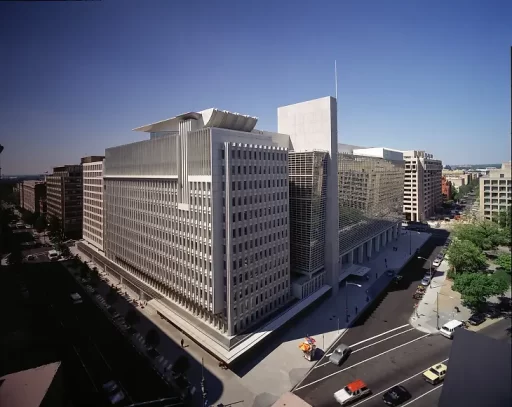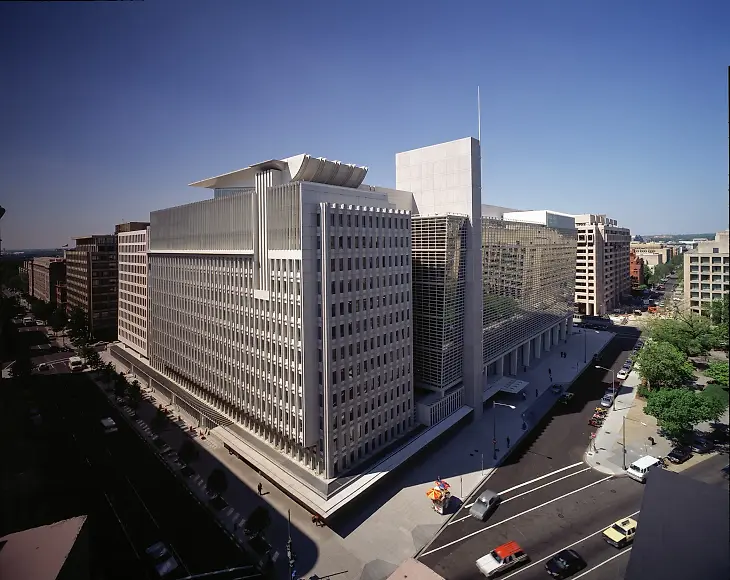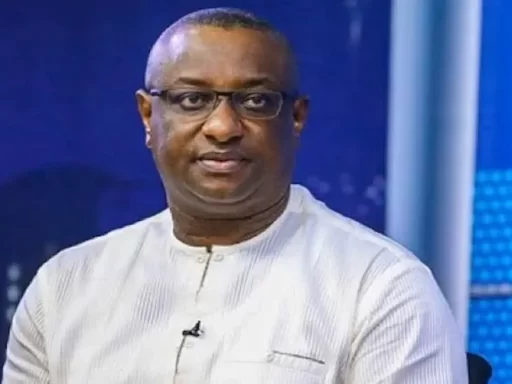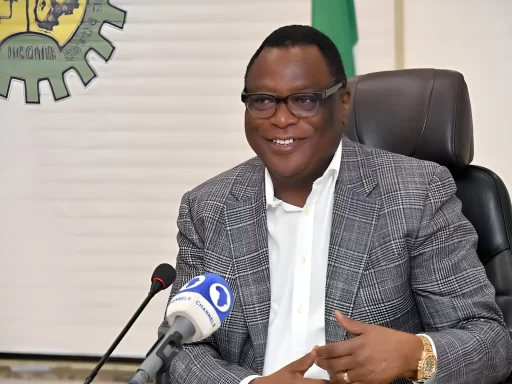World Bank Backs Nigeria’s Reform Drive, Targets Private Sector Growth
The World Bank has reaffirmed its commitment to supporting Nigeria’s economic reforms, pledging stronger collaboration to unlock private sector-led growth. This came during a high level meeting between the Minister of Finance and Coordinating Minister of the Economy, Mr. Wale Edun, and the World Bank’s Managing Director and Chief Financial Officer, Ms. Anshula Kant, in Abuja.
Praise for Bold Economic Moves
Leading a senior delegation, Ms. Kant described Nigeria as a cornerstone of the World Bank’s Africa strategy. She commended the government’s recent macroeconomic reforms including foreign exchange liberalisation and fuel subsidy removal for restoring investor confidence and laying the groundwork for inclusive development.
“Nigeria’s reform momentum is both necessary and commendable. We stand ready to accelerate our support, particularly in energy, digital access, and youth employment the pillars of a competitive, future-facing economy,” she stated.
Focus on Infrastructure, Agriculture, and Digital Innovation
Mr. Edun reiterated that Nigeria’s priority is scaling growth through strategic investment in infrastructure, agriculture, and digital innovation. He cited renewed investor interest, improved foreign reserves, and over $7 billion in oil and gas commitments as early signs of success.
“The path to sustainable prosperity lies in unlocking private investment. The World Bank’s partnership is critical to achieving this,” Edun said.
Innovative Financing for SMEs
The meeting also discussed new financial tools to reduce the cost of capital and expand SME financing. These include blended finance platforms and guarantee instruments under the Multilateral Investment Guarantee Agency (MIGA).
Shared Commitment to Inclusive Growth
Both parties concluded with a pledge to deepen collaboration, ensuring that Nigeria’s reforms deliver jobs, capital inflows, and resilient economic growth for all citizens.







